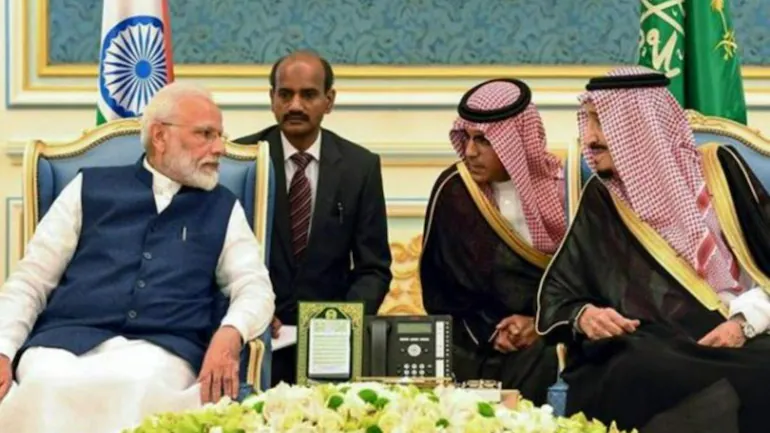At a time when India is carefully navigating the post-February 24 geopolitical turmoil, balancing its position on both sides of the Ukraine split, the governing BJP’s harsh remarks on Islam have put the country on the defensive on the international scene particularly in the Gulf region.

The first to speak out were Qatar, Kuwait, and Iran on Sunday, followed by Pakistan, Saudi Arabia, and Oman, as well as the Gulf Cooperation Council and the Organisation of Islamic Cooperation. On Monday, the United Arab Emirates, Bahrain, and Indonesia, all in the Gulf, joined the growing chorus of complaints.
The previous 48 hours have seen Delhi in firefighting gear in the Gulf area, which Prime Minister Narendra Modi claims personal responsibility for turning around for India. Turkey and Malaysia’s quiet is reassuring, but it is unclear how long this will last. The words were slammed by Al Azhar, a powerful Islamic university in Cairo, as “terrorist conduct that helps to drag the entire globe into disastrous crises and brutal conflicts.”
Indian envoys in the area are dealing with a “image problem,” attempting to ensure that what is said on television back home does not have a negative impact on the region’s huge Indian diaspora: an estimated 6.5 million Indians who live and work there.
The Modi government’s respect to Islamic West Asia’s sensitivities – the BJP suspended the two spokespersons – contrasts with its dismissive attitude toward US concerns over India’s minority. Ironically, before and after 2014, Delhi’s connection with the Gulf has nothing to do with religion. The present debate has cast a pall over that.
New Delhi hopes that, despite the outrage, the core of India’s bilateral relationships with each of these countries will remain unaffected, as these relationships are based on the Indian economy, trade and investment, the sale of oil to India, and the vast Indian workforce, in which religious affiliation has never played a significant role.
The relationship between India and the United Arab Emirates is described as a strategic partnership. After ISIS sprang onto the scene in the area, India’s relationship with numerous Gulf nations now includes a substantial security component.
In March, India and the United Arab Emirates inked a Comprehensive Economic Partnership Pact, which is considered as a springboard for a free trade agreement with the GCC. That’s why the hashtag “boycottIndiangoods” started trending on Sunday, causing concern among people with interests in Gulf companies.
Given that Islamabad hated the growing intimacy between these nations and New Delhi, there is also fear in the foreign policy elite that this may cover up major rifts between Pakistan and its old friends Saudi Arabia and the United Arab Emirates.











